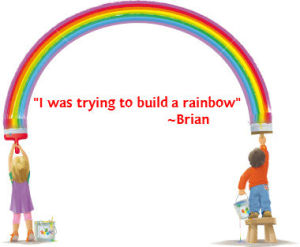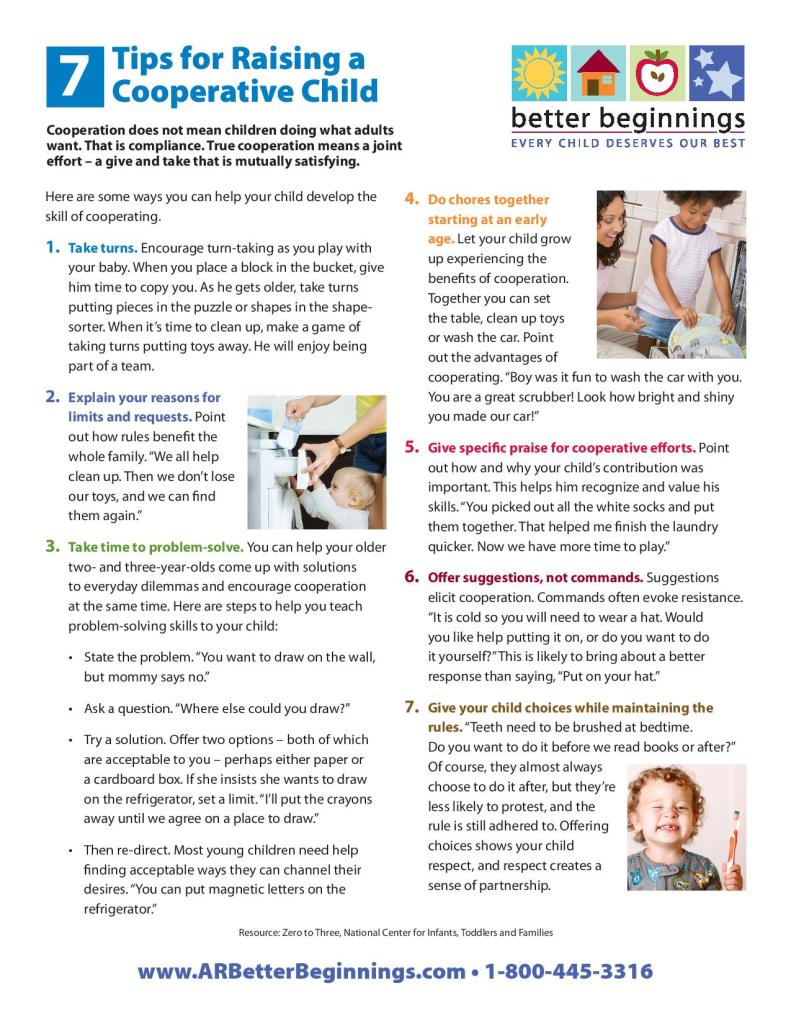
FTC Disclaimer: I am one of the brand ambassadors for Arkansas Better Beginnings. In this role, I am compensated for helping to spread the word about their program. That includes blog posts such as this one. Howe
Yesterday I was one of hundreds of parents and educators in attendance at the Arkansas Early Childhood Association conference in Hot Springs, Arkansas. I was there in my role as a brand ambassador for Arkansas Better Beginnings (a program that is geared towards helping to ensure that children in Arkansas are afforded quality childcare, as well as providing parents with resources to use).
During the keynote session, the speaker told a story about a little boy named Brian. Brian was a student in an early childhood education program that a student teacher was shadowing. The student teacher related the story and it went something like this:
“I was shadowing an expert teacher’s class one day. During the arts and crafts period of the day, a little boy named Brian decided to paint. He had a single paintbrush and was dipping the paint into every single color. The teacher noticed this and, with a raised voice, said “Brian, what are you thinking?!” Brian put the paint and paintbrush down, then retreated into his own little bubble. I spent 30 minutes just sitting beside Brian, trying to get him to let me inside his bubble. I eventually asked him to tell me about what he was painting earlier. He said ‘I was trying to paint a rainbow’. To this day, I am haunted by Brian. I wonder what happened to him.”
You guys…I swear to you that for the next 30 minutes I was holding back tears. That story touched me so much! Perhaps because I can imagine the pain and shame that Brian felt being yelled at by his teacher for doing something he enjoyed. Perhaps because I can imagine his confusion. Perhaps because it had only been a few days since I had scolded Christian for mixing together the colors in his paint set. Whatever it was, it hit me hard. And it made me think.
It made me think about how we don’t always communicate with our kids the way that we should. About how sometimes we jump to telling them “No”, “Don’t do that”, “Be quiet”, etc without really talking to them about why. Or finding out why they were doing it in the first place. About how we might unintentionally stifle their independence, growth, and creativity in our quest to make things easier on ourselves.
How many times have you mindlessly told a child to quiet down? Or to not mix together the different colors of playdoh? Or to not get the toys all jumbled up? Or any other of the many limiting and restrictive commands that parents and caregivers give to children on a daily basis? And, really, what purpose do any of these commands serve other than to make things easier for us?
If we are constantly telling our children ‘don’t’ and ‘stop’ without giving them a good reason, what are we teaching them about life, the world, and their abilities or rights? We send out the message that no matter what they are doing or why they are doing it, if someone tells them to stop doing it – that is what they should do. We are setting them up to feel as though what they want, feel, and believe don’t matter as much as what WE want, feel, and believe. Or what others want, feel, and believe in regards to them. That is not the message that I want to send to my son. That is not what I want him to absorb or believe.
I want him to feel as though the sky is the limit and that he is capable of anything. I want him to feel as though he can talk to me. About anything. That I won’t just shut him down just to make life easier for me. That he can get things messy in his quest to be creative and know that I will still love him. That there is more to life and living than order and perfection. I want him to be able to grow without limits.
Granted, there is a difference between allowing him free rein to do things he really shouldn’t do and understanding those moments when I should just “chill out” and let him do what it is that kids do.
I pray that from now on, I keep Brian in mind as I continue this thing called parenting. Christian isn’t the only one that is learning. As a parent, I feel I will always have things to learn and apply to improve myself.
For the time being, I am ruminating on these tips that I think help us to become better communicators with out children (as well as to improve their cooperativeness). You can find this and other resources in the Better Beginnings Resource Library.

